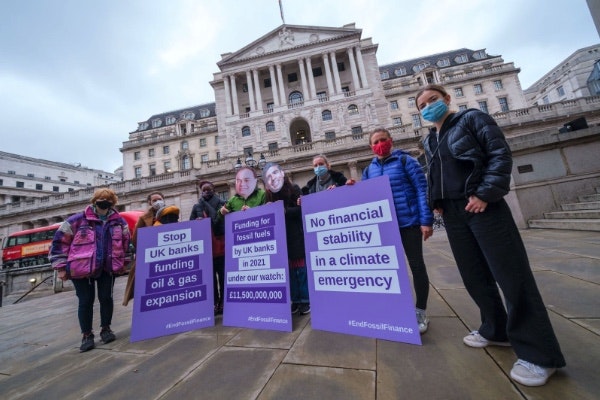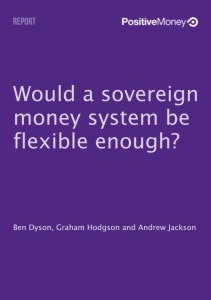Flexibility in Sovereign Money system

Critics have argued that a sovereign money system, in which banks are unable to create money, would not be flexible enough to meet the needs of an economy. In response, this paper explains the range of policy options that mean that a sovereign money system can be as flexible – or inflexible – as authorities would like it to be.

Overview
Critics have claimed that a sovereign money system, in which banks are not permitted to create money, would leave the economy with a money and credit supply that is rigid, inflexible and unresponsive to the needs of the wider economy. According to one critic, such a system would result in “a shortage of money, high unemployment and low economic activity”.
In the current system, new money is created every time a bank issues a loan, and is destroyed whenever part of the principal is repaid. The resulting ‘flexibility’ in the money supply has translated not into greater economic growth, but into speculative bubbles in property and financial assets. This has fuelled house price bubbles in many developed countries and exacerbated the rise in inequality. Clearly it would be a mistake to assume that greater flexibility is always better; there is likely to be some optimal level. By design, the sovereign money system described in Modernising Money is less flexible than the current monetary system. However, this paper outlines the full range of policy options that mean a sovereign money system can be as flexible, or inflexible, as the authorities want it to be.
PDF Download: Download Here (Free, PDF, 20 pages)
Contents
Executive Summary
The distinction between (a) which entity creates money and (b) which criteria triggers the creation of money
The flexibility of the existing monetary policy regime
Policy options under a sovereign money system: from inflexible to extreme flexibility
Our recommendations
Conclusions